The European Union (EU) has approved a new round of sanctions against Russia, targeting for the first time its lucrative liquefied natural gas (LNG) industry.
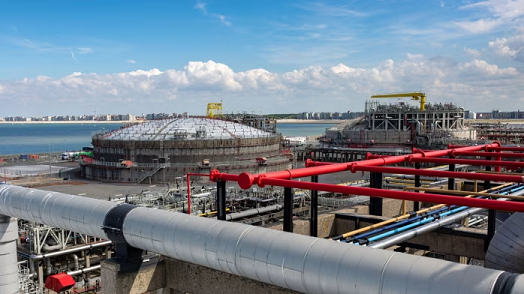 |
| The port of Zeebrugge (Belgium) is one of the EU ports receiving the most LNG from Russia in 2023. (Source: Financial Times) |
This is the 14th package of sanctions since Russia launched a special military operation in Ukraine in February 2022. For the first time since the Russia-Ukraine conflict began, the EU is targeting Moscow's gas sector.
On June 20, after the EU approved a new package of sanctions, President of the European Commission (EC) Ursula von der Leyen said that the sanctions package would "deprive Russia of further energy revenues."
Belgium - which holds the rotating EU presidency - also described the sanctions as "strong and substantial". The package provides new targeted measures and maximises the impact of existing sanctions by closing sanctions "loopholes".
The 14th package of EU sanctions against Russia will ban Moscow’s gas exporters from using the 27-member bloc’s ports to transfer LNG between large tankers and smaller vessels destined for third countries. There is no outright ban on EU countries buying the fuel.
The package also includes measures to restrict Russia's use of "shadow" vessels - which transport Moscow's oil around the world, helping the country evade sanctions.
European ports are important for Russia because the continent is a key route for exporting LNG from frozen Arctic ports to Asian markets during the winter months.
The Belgian port of Zeebrugge and the French port of Montoir are particularly important re-export centres to countries such as China, Taiwan (China) and Türkiye.
Overall, 47 new entities and 69 new individuals have been added to the EU sanctions list – bringing the total to 2,200. The package will be formally adopted when EU foreign ministers meet today (June 24), local time.
Experts say LNG controls cannot be implemented as a complete import ban as the bloc has previously done with seaborne coal and oil - two of Moscow's biggest sources of revenue.
Instead, the EU will still be allowed to buy Russian LNG but will be banned from re-exporting it to other countries, a practice known as “transshipment”.
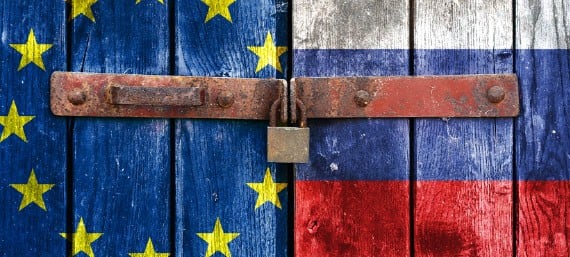 |
| Experts believe that the EU's imposition of restrictions on Russian LNG is unlikely to have a significant impact on the country's budget. (Source: Vestnikkavkaz) |
The Center for Research on Energy and Clean Air (CREA) - an independent organization that tracks Russian fossil fuels - estimates that in 2023, the bloc paid 8.3 billion euros for 20 billion cubic meters of Russian LNG , accounting for 5% of total gas consumption.
Among them, Belgium, France and Spain are the main import destinations of Russian LNG.
About 22% of this supply of 4.4 billion m3 was transshipped globally, with 1.6 billion m3 sent to other member states, CREA said. The remainder went to China, India, Turkey and other customers.
Igor Yushkov, an analyst at the National Energy Security Fund (Finance University of Russia), said that imposing restrictions on Moscow's LNG is unlikely to have a significant impact on the country's budget.
President Putin’s country could opt to cut back on its LNG business in Europe and focus on the Asian market by taking the northern route through the Arctic. While this would increase costs, it would be less of a headache for Moscow.
“Sanctions targeting Russian LNG will not reduce budget revenues and may stimulate the reorientation of LNG trade flows to other regions such as Türkiye, which could become a new gas re-export hub to Europe,” Yushkov said.
On the Russian side, in April, Kremlin spokesman Dmitry Peskov stated that EU sanctions on Russian LNG represent illegal and unfair competition and that Moscow will find ways to overcome those obstacles.
"Pushing Russia out of the energy market will benefit the United States and a number of other countries, while European industries and consumers will suffer from this ban," the Kremlin spokesman stressed.
Source: https://baoquocte.vn/eu-quyet-tam-bit-lo-hong-tuoc-them-nguon-thu-cua-nga-moscow-co-the-xoay-minh-sang-chau-a-276101.html



![[Photo] Unique Ao Dai Parade forming a map of Vietnam with more than 1,000 women participating](https://vstatic.vietnam.vn/vietnam/resource/IMAGE/2025/3/29/fbd695fa9d5f43b89800439215ad7c69)

![[Photo] Brazilian President visits Vietnam Military History Museum](https://vstatic.vietnam.vn/vietnam/resource/IMAGE/2025/3/29/723eb19195014084bcdfa365be166928)
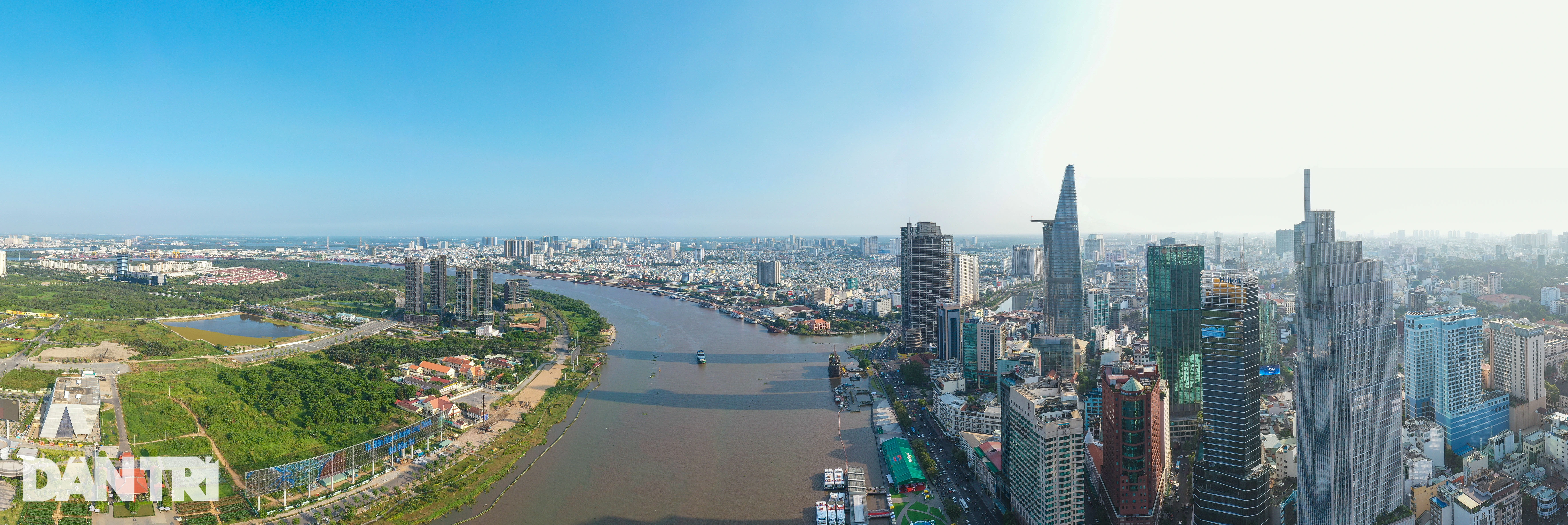
![[Photo] Schools and students approach digital transformation, building smart schools](https://vstatic.vietnam.vn/vietnam/resource/IMAGE/2025/3/29/9ede9f0df2d342bdbf555d36e753854f)

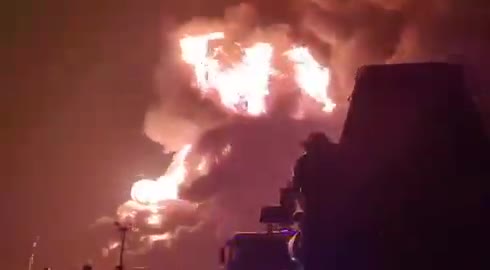


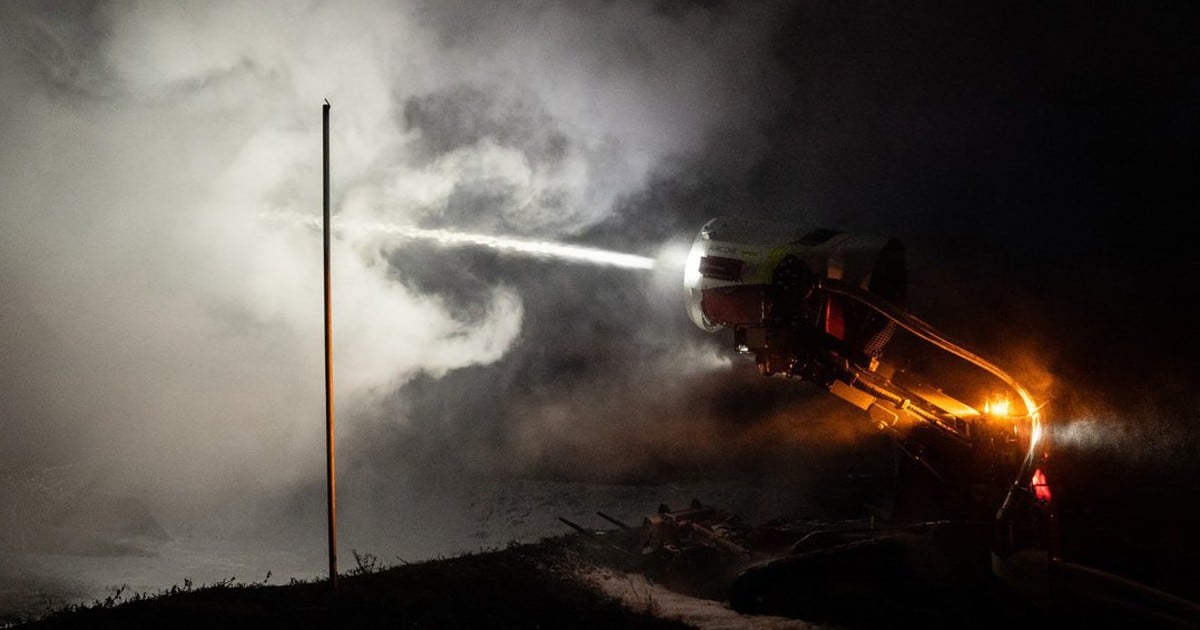


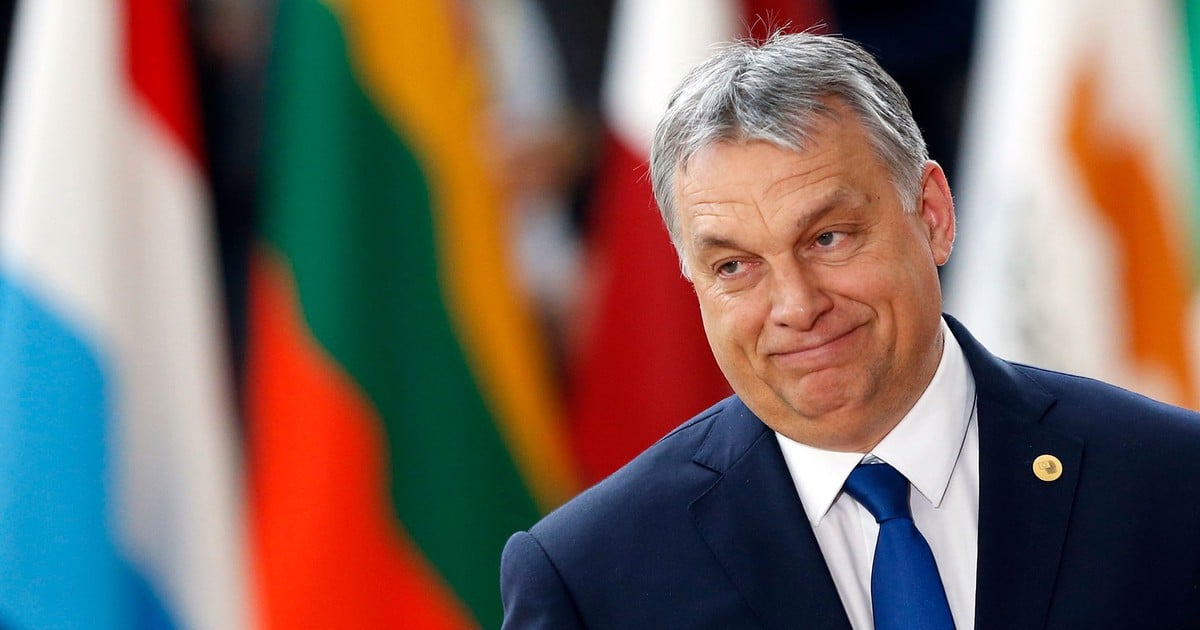


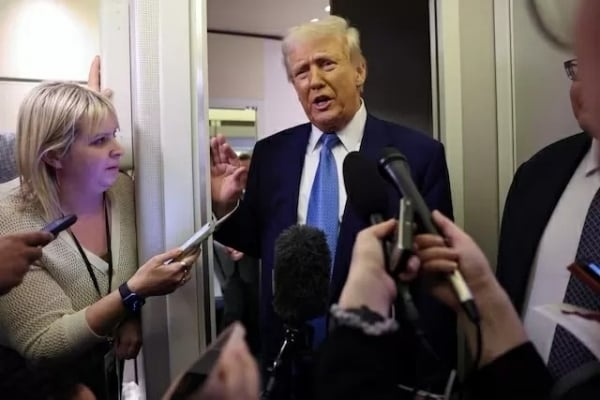
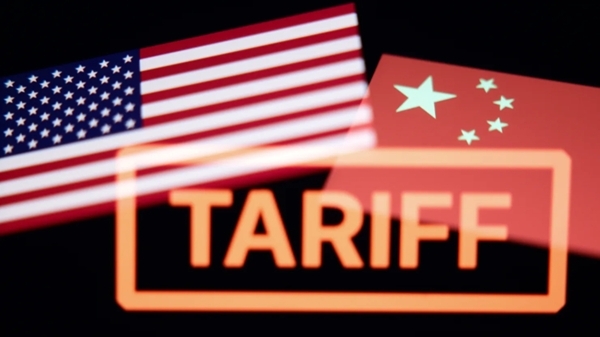

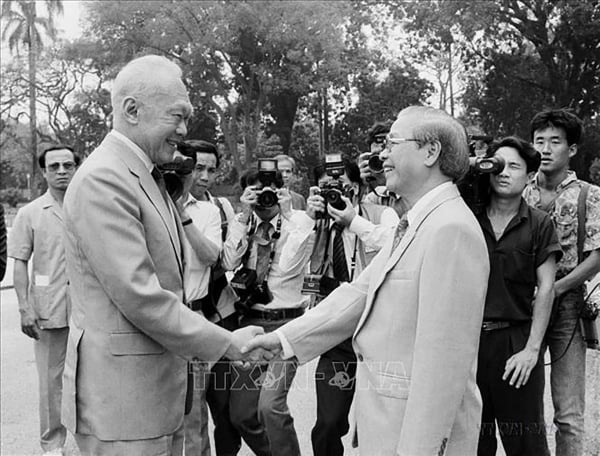




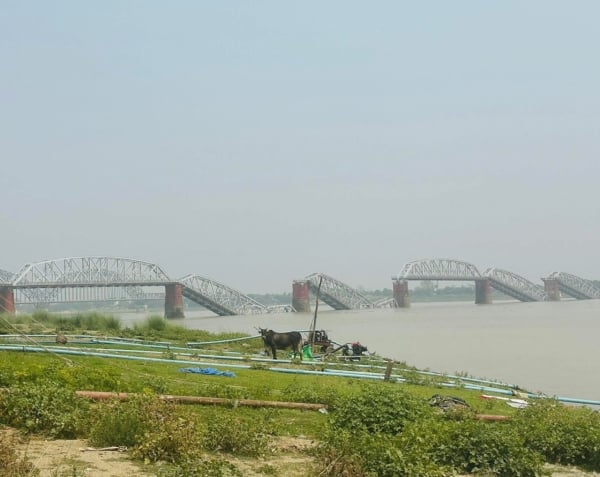
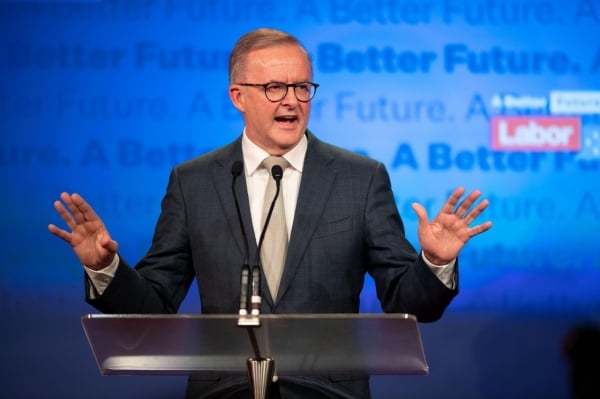
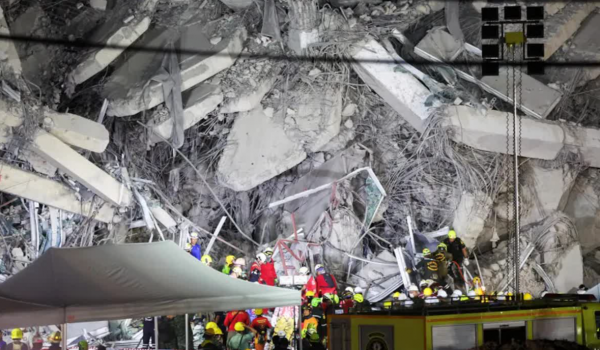
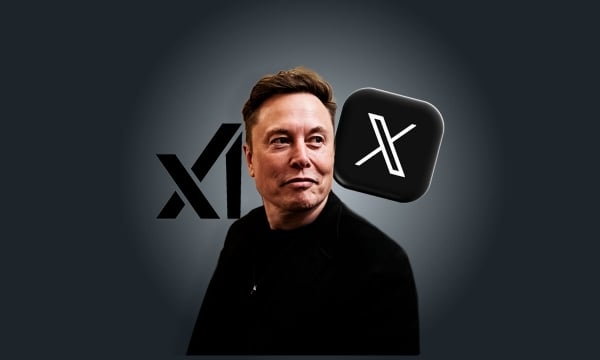
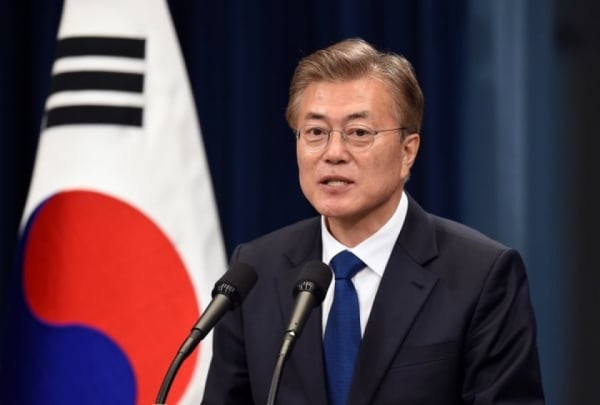
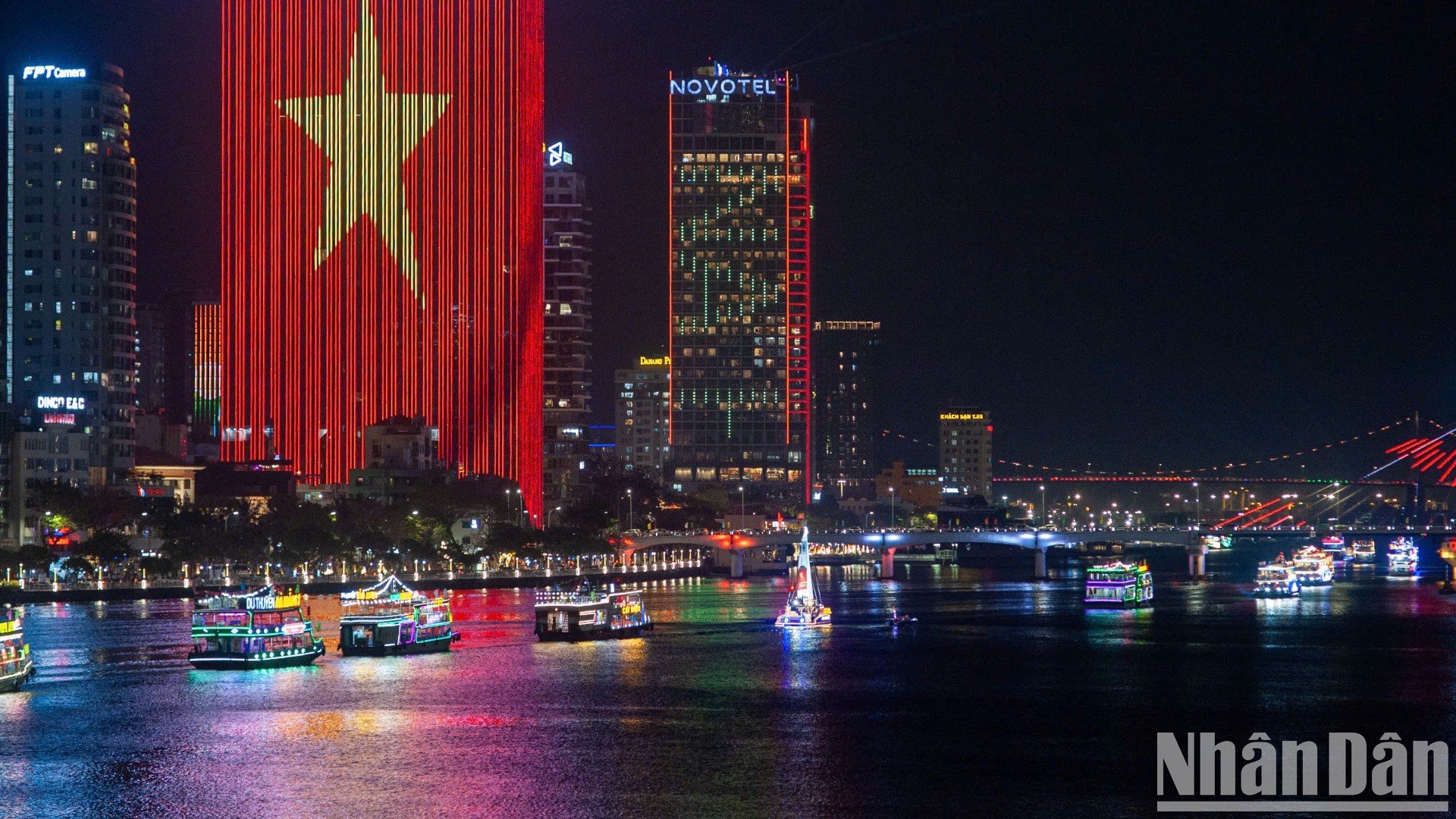










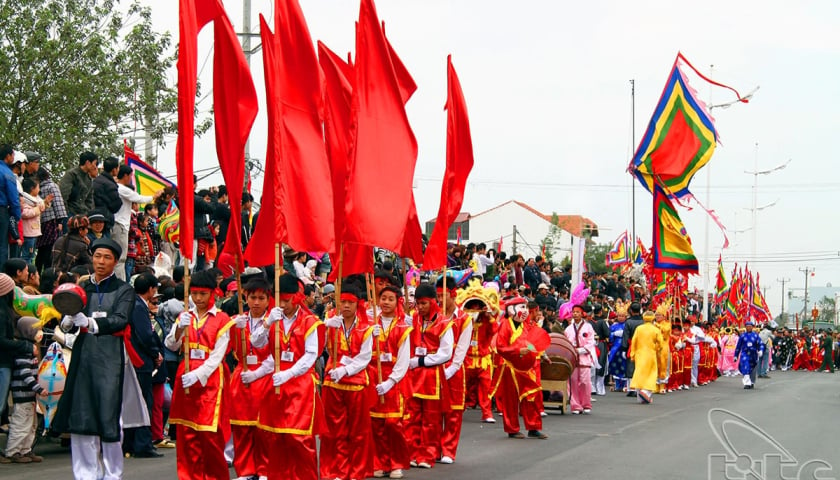



















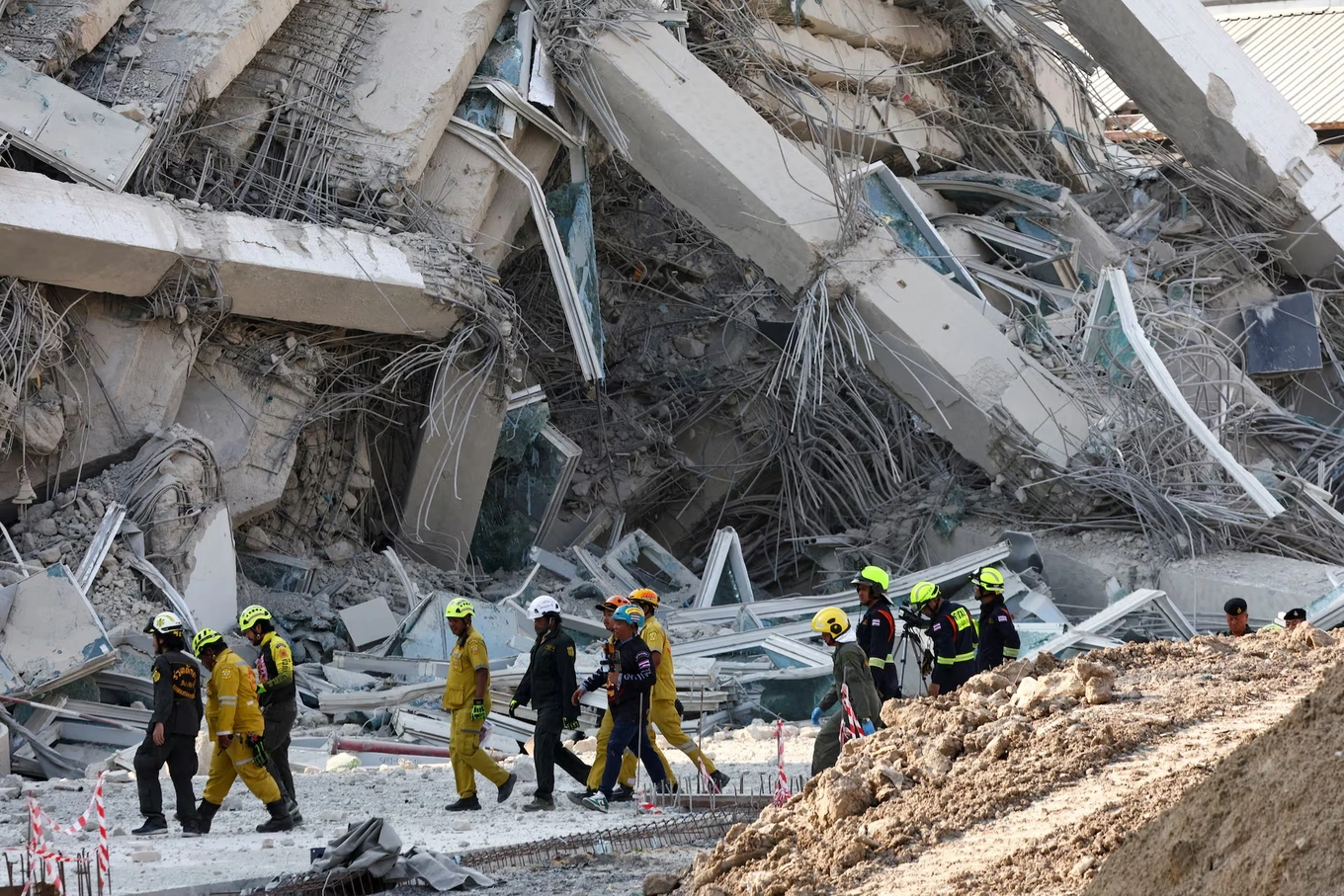


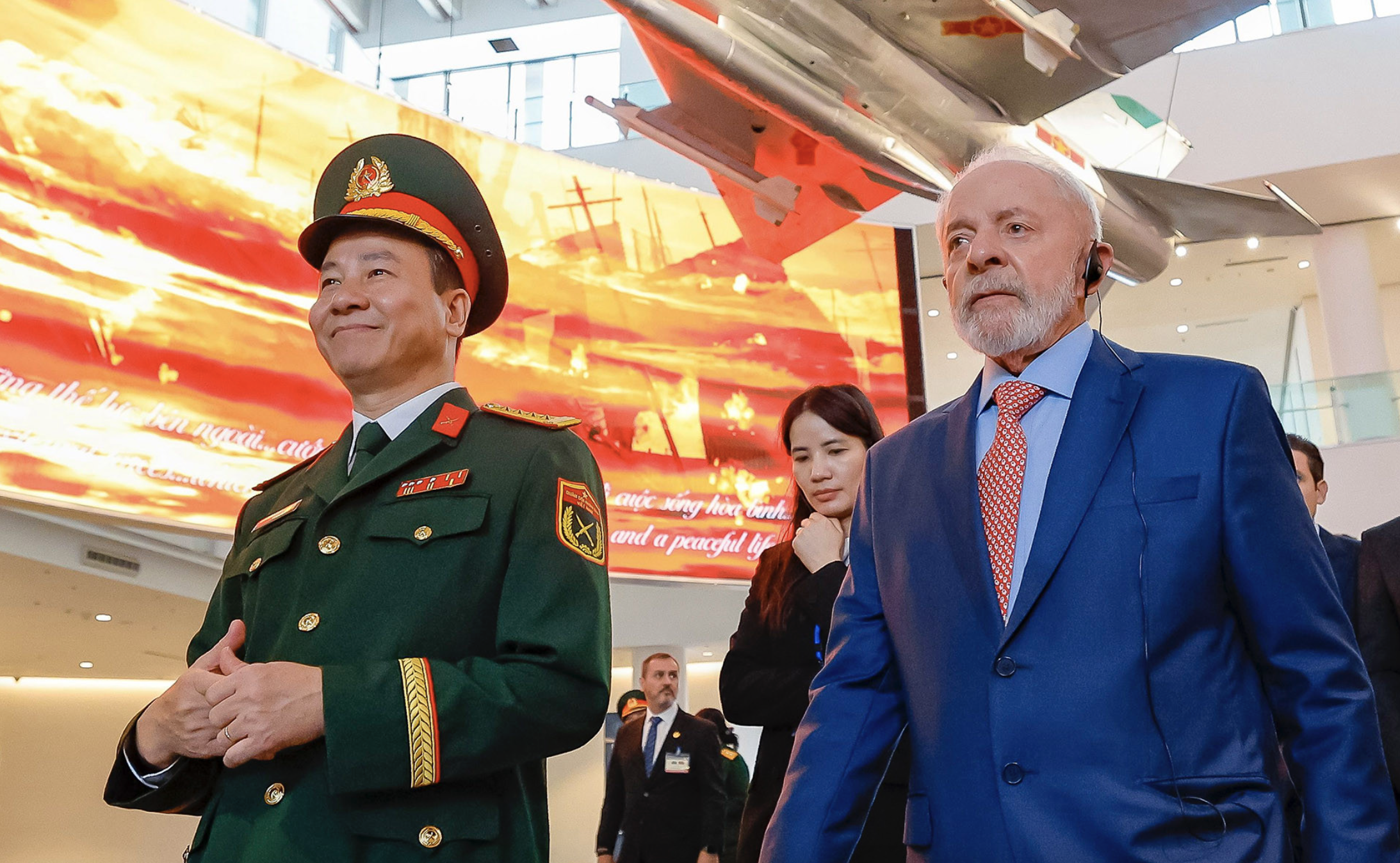

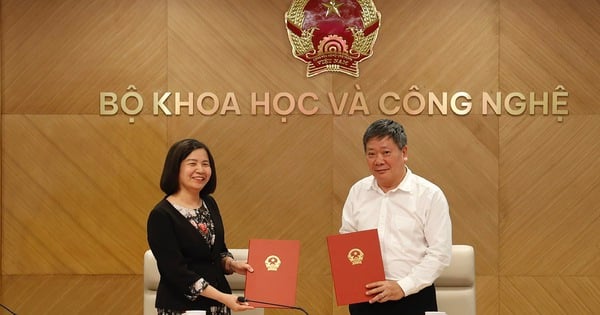

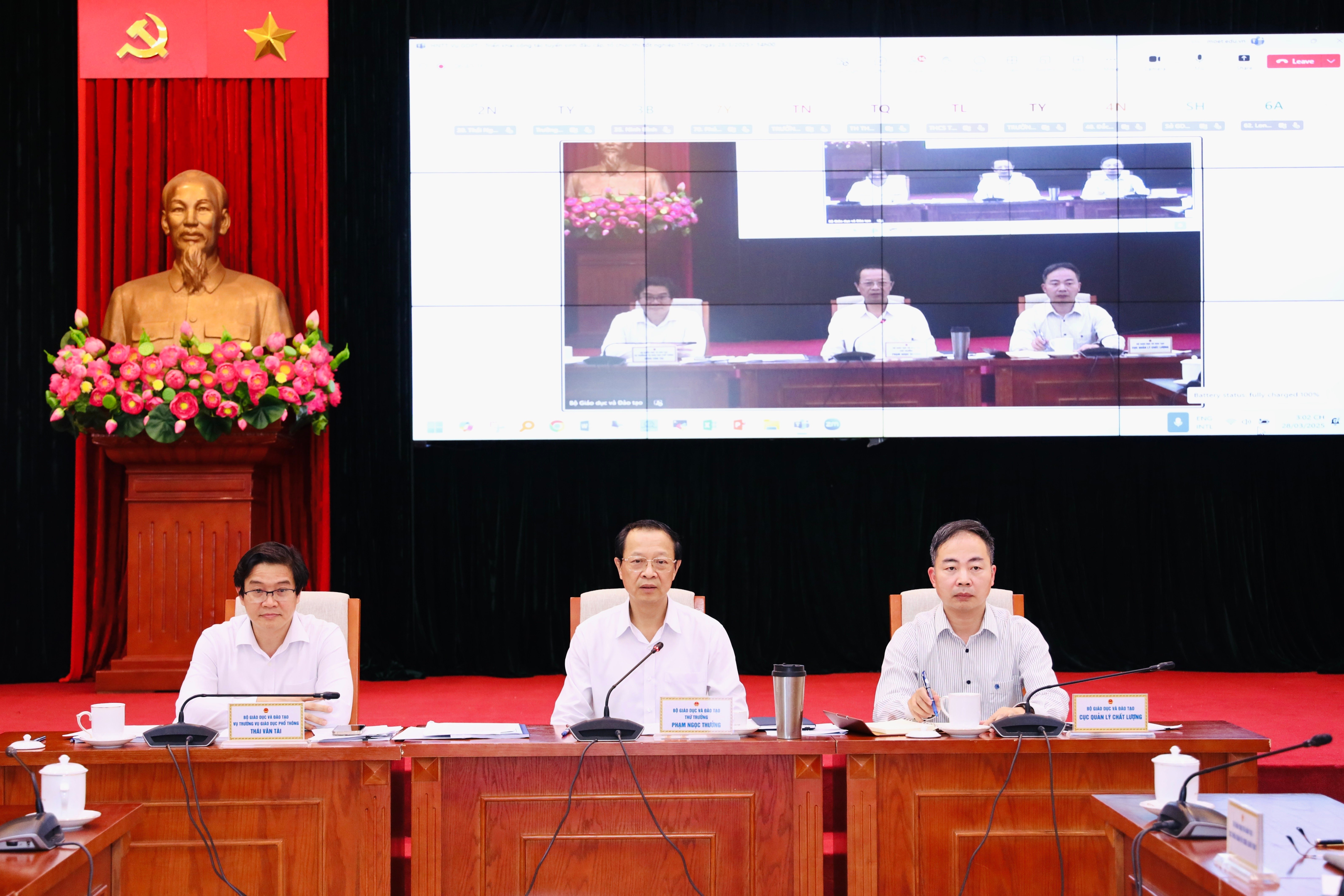




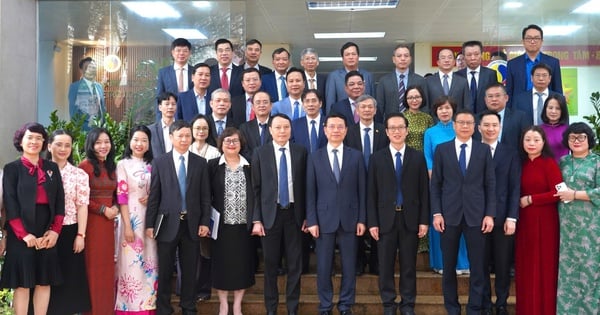



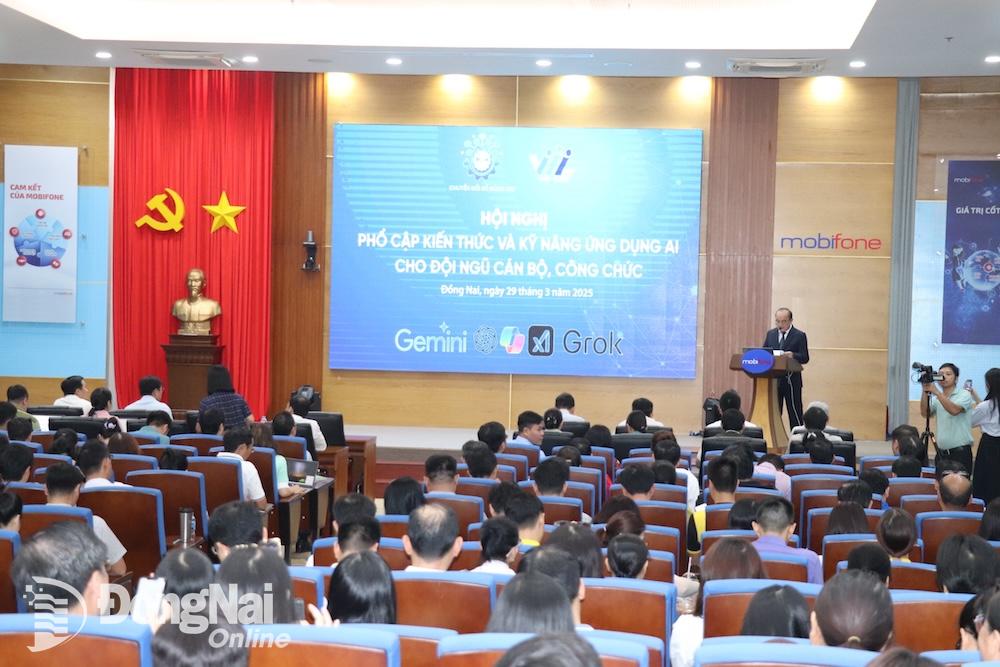
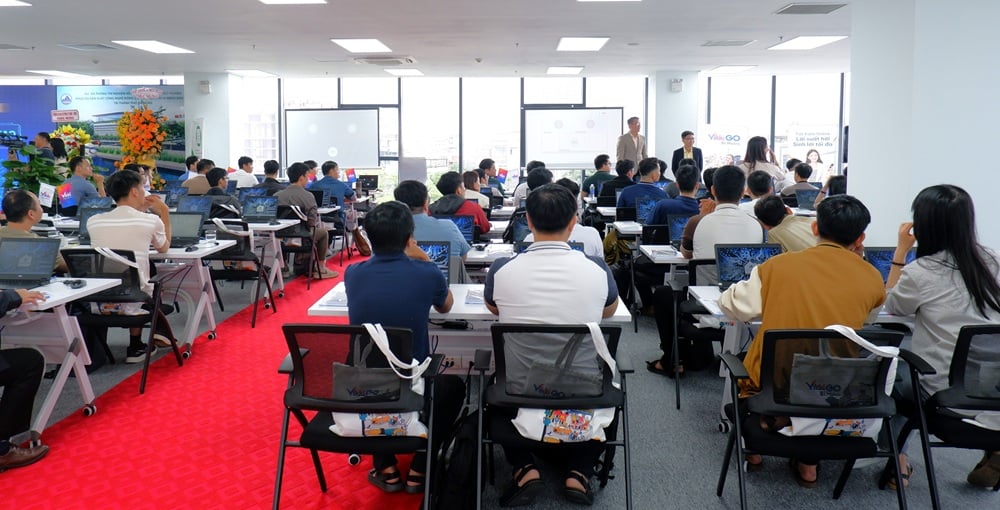















Comment (0)